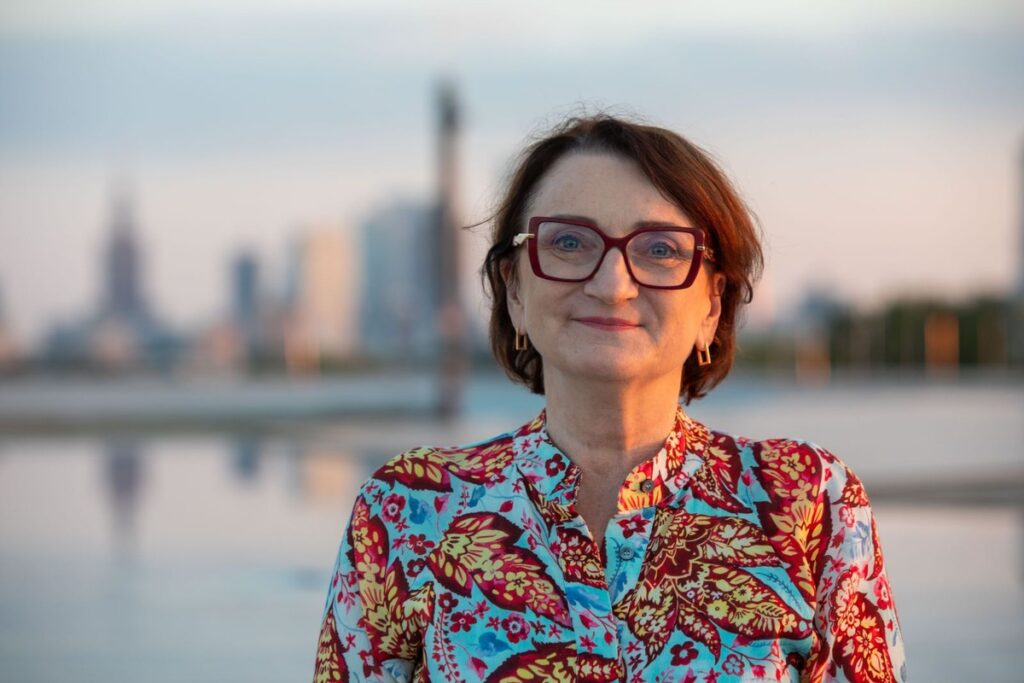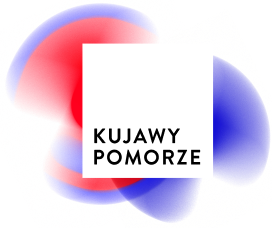
He Was Close to People
An interview with Ewa K. Czaczkowska – a graduate of the Nicolaus Copernicus University in Toruń, PhD in history, associate professor at the Institute of Media Education and Journalism at Cardinal Stefan Wyszyński University in Warsaw, a journalist with twenty years of experience at the newspaper Rzeczpospolita, co-author (together with Tomasz Wiścicki) of the biography of Blessed Father Jerzy Popiełuszko, author of books about the Church, as well as biographies of Saint Sister Faustina Kowalska and Blessed Cardinal Stefan Wyszyński, and a laureate of many awards for religious publications.
Under what circumstances did you learn about the death of Father Jerzy Popiełuszko?
At the time, I was a history student at the Nicolaus Copernicus University in Toruń. I remember that dry announcement on the state-controlled television about the retrieval of Father Jerzy Popiełuszko’s body from the Vistula River and our conversations as students—speculations, sharing scraps of unofficial information. I also remember the unique atmosphere on the streets of Toruń during the trial of the priest’s murderers, which took place in a courthouse not far from my faculty building.
What was Father Jerzy Popiełuszko like as a child, a student, a seminarian?
According to the memories of those who knew Father Jerzy Popiełuszko before his ordination, he was a sensitive, straightforward, dutiful, and devout child. He wasn’t particularly talented as a student or seminarian, but he passed all his exams on time. Until 1980, he was a rather average vicar. The strength of his faith and character is evident in the fact that he served as an altar boy from the time he received his First Communion. Every day, before classes, he would serve Mass at 7 a.m. in the church in Suchowola (Podlaskie Voivodeship), walking four kilometers from his family home in Okopy (also in Podlaskie). The key trial for the future martyr was his two- year stay in a military unit for seminarians in Bartoszyce (Warmian-Masurian Voivodeship), where he was severely harassed, punished, and humiliated by commanders for refusing to remove his medallion and rosary and for initiating communal prayers. But he didn’t break. He endured until the end.
Why was the “Solidarity” chaplain, as Father Jerzy Popiełuszko was called, observed and monitored by the secret services of the People’s Republic of Poland?
From August 31, 1980, when he celebrated a field Mass during a strike at the Warsaw Steelworks, he became a pastor for the steelworkers. But he was also a pastor for many other groups of workers, as well as nurses and students. Like millions of people in Poland in 1980, he welcomed the establishment of the Independent Self-Governing Trade Union “Solidarity” with hope, seeing it as a chance for the moral renewal of the nation and country in the spirit of Gospel values. He envisioned a Poland where human rights would be respected, and where Gospel values would permeate public life. That’s why Father Jerzy Popiełuszko was monitored and persecuted by the secret services of the People’s Republic of Poland. Especially from the time when he began celebrating Masses for the Homeland at St. Stanislaus Kostka Church in Żoliborz. In his homilies, he spoke about values such as truth, which is the foundation of life in freedom, as well as justice and solidarity. He taught people how to live in inner freedom, how to overcome fear and hatred, and how to conquer evil with good.
Why did the authorities and their services resort to murdering a priest? Was it an operation aimed at killing him from the start?
The murderers of Father Jerzy Popiełuszko had an entire arsenal of crime tools in the car they abducted him in: thick sticks, rope, tape for gagging, and sacks of stones. Does someone who doesn’t intend to kill carry these items in the trunk? As for the reason why he was killed, there are several different historical hypotheses. One that seems particularly plausible is the hypothesis of Dr. Andrzej Grajewski, an expert on the special services of the Soviet bloc. According to him, the priest’s murder was a provocation, part of a complex power struggle at the highest levels of government in Moscow and Warsaw—among both Polish and Soviet party authorities and special services. We explore this hypothesis, among others, in detail in the latest edition of our biography of Father Popiełuszko, co-authored with Tomasz Wiścicki.
What other aspects of the abduction and murder of the “Solidarity” chaplain require clarification?
One aspect is verifying the hypothesis I mentioned—identifying the masterminds behind the murderers of Father Jerzy Popiełuszko, those in the highest echelons of power. This will likely be impossible without access to the archival materials located in Moscow. But even that may not be enough.
What impact did the death of Father Jerzy Popiełuszko have on Poles? Did the event in 1984 hasten the end of the People’s Republic of Poland, which occurred five years later?
Undoubtedly. The death of Father Popiełuszko was a massive moral shock, the first tangible proof of which was the enormous crowd at his funeral—between 600,000 and 1 million people. As historian Norman Davies wrote, if, by October 19, 1984, anyone still didn’t understand what the fight in Poland was about, “the sacrifice of Father Jerzy’s life must have convinced even the most dull-witted.” Thoughtful people had to ask themselves which side they were on: good or evil. The priest’s death was a kind of awakening, an impetus for the revival of the once-great “Solidarity” movement, which in 1984 seemed to have been annihilated by the authorities after its outlawing under martial law.
In today’s times of increasing secularization, can Blessed Father Jerzy Popiełuszko still serve as a role model?
Definitely, and on several levels. I’ll start with his teachings, which are just as relevant today as they were 40 years ago because what Father Jerzy Popiełuszko taught were simply Gospel values applied to specific life circumstances. These values remain important today—in a time of enormous value chaos, half-truths, and various forms of inner enslavement. Today too, though in different circumstances, we are fighting for the truth about the human person, for freedom from fear and intimidation, and from hatred that prevents the building of community. Father Jerzy Popiełuszko can also be a role model for modern priests. He was modern in his ministry, very close to people, living through their difficult matters, helping them, and at the same time serving as their spiritual guide. He lived as he preached, and preached as he lived. There was no falseness in him. People felt this then, and they feel it today, especially young people, many of whom visit the martyr’s grave in Żoliborz, Warsaw.
October 2024


